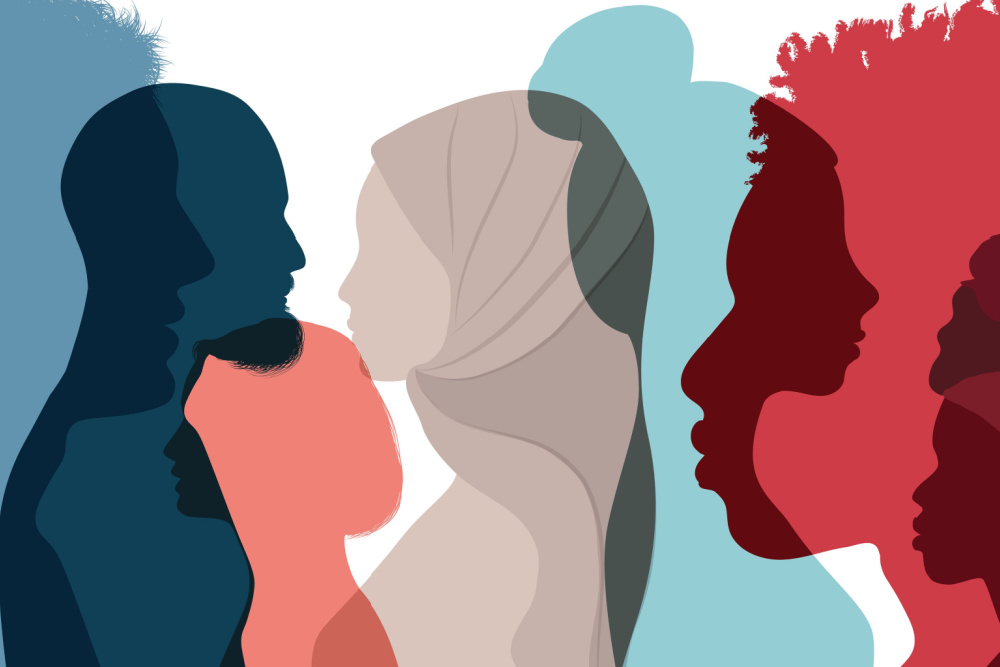Let me offer another of those confluence-of-events posts for you. I have been thinking about diversity, equity, and inclusion (DEI) because of these events.
- I participated in a TAG session on “managing vendors.” One person asked the panel about how panelists were taking DEI into account in their contracting decisions.
- Next, I saw a calendar entry for a kickoff session on a TAG program, “Equity Essentials,” that focuses on DEI and how to make it work in your organization.
- Later in the day, I received a request from a customer to fill out their DEI survey.
My demographic profile does not align with any of the groups that have been marginalized in our society. I have much to unlearn and many beliefs to reexamine. That said, I do have one advantage as I learn more about DEI.
I understand the value of diversity.
Diversity Confers Strength and Resilience
You do not have to go far to see examples of the value of diversity.
- We diversify our investments. Why? We know that a diversified portfolio has lower market risk and a higher long-range rate of return.
- Successful sports teams share skills across multiple players. When one player suffers an injury, another player is there to step up and apply those skills.
- The Omicron subvariant of COVID-19 succeeds because it is more transmissible than other variants.
During my college days, I thought about examining belief systems in biological terms. I noticed conflicting values in a belief system and wondered how a system could hold two apparently contradictory beliefs at once. How can a religion say that God loves everyone, yet also say that only a select few would be admitted to heaven?
My answer: increased survivability.
In high school biology, we learned about Charles Darwin, evolution, and natural selection. We learned that a biological system that maintains a level of diversity is in a better system to cope with environmental changes than a system that have a lower level of diversity. I asked myself if I could apply this observation to cultures. Or organizations. And, perhaps, belief systems.
Maybe I had a profound thought. Then again, maybe not.
DEI Helps You See Around Corners
In my telecom days, I was tasked with developing a vision (whatever that is) for my company’s entire division, not just my business unit. The division President wanted to know what the future would look like, and how the different business units could collectively intercept that future.
I knew it was a tall task. With a short timeframe to complete.
I brought on two staff members to help with the work. I looked for two people who had as little in common with me as possible. One woman had almost no experience in telecom. The other woman had more telecom experience, but her experience was less product focused.
We set up interviews with loads of people, inside and outside the organization. People that were able to think about the future, or at least one part of it, were on our radar. Some organizations thought a lot about the future. We asked them to share how they thought their business would be different five years from now.
I believe that DEI drove the success of our work creating this vision. We encouraged alternative points of view. We just asked that they be rigorously stated and defended.
Encourage Diversity to Flourish
DEI gives you multiple points of view, which you can use to make better decisions. But remember that you must embrace and encourage this diversity. With DEI, you are bringing people into the group that historically have been underrepresented. You must work to make those people feel wanted and valued. If I join the group, offer an idea, and am told, “that is what I would expect you to say” am I more or less likely to speak up next time?
There is a good reason to include DEI in your hiring and managing strategies. You create a more inclusive world, and that is great. More importantly, you generate creativity and resilience within your team.
I am ready for my DEI training tomorrow. I will see if my initial thoughts are on track or not. It should be fun.





0 Comments